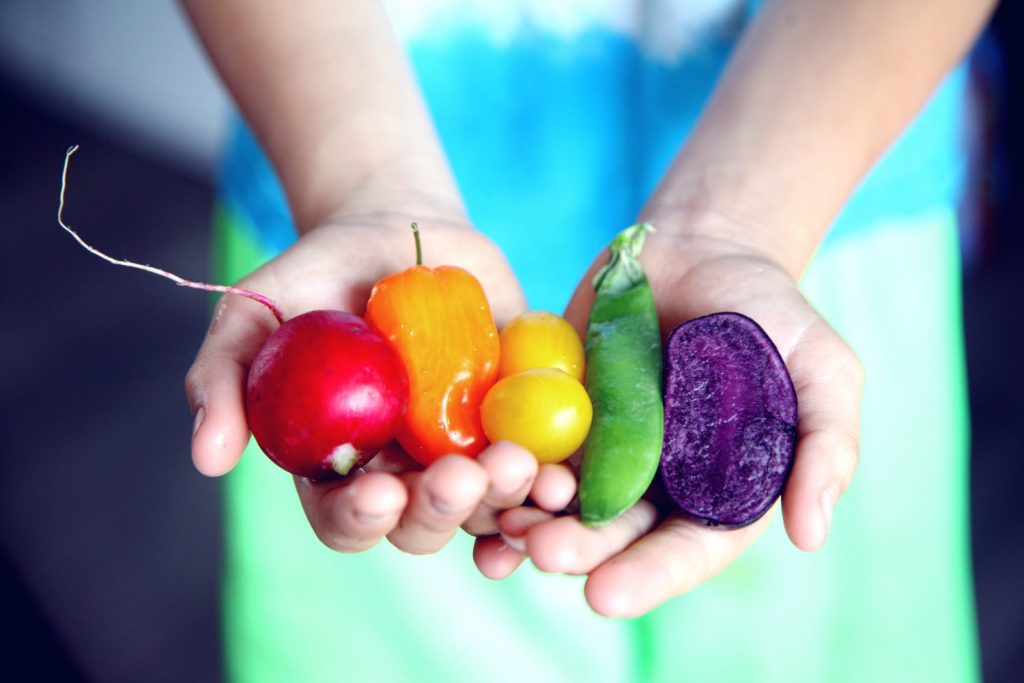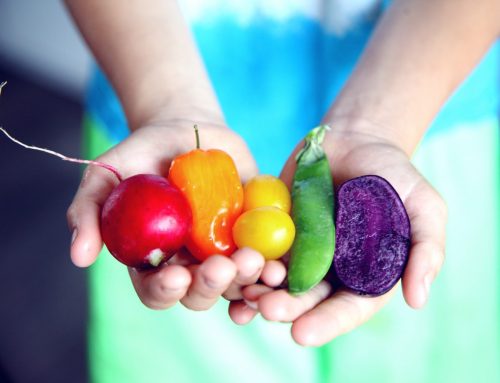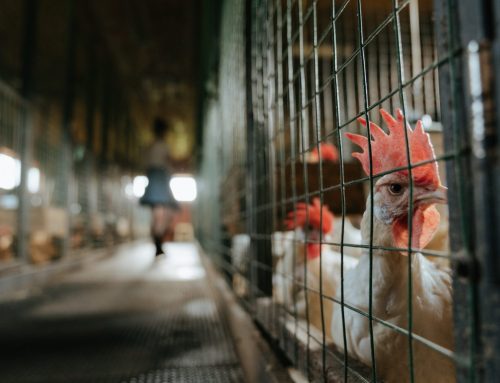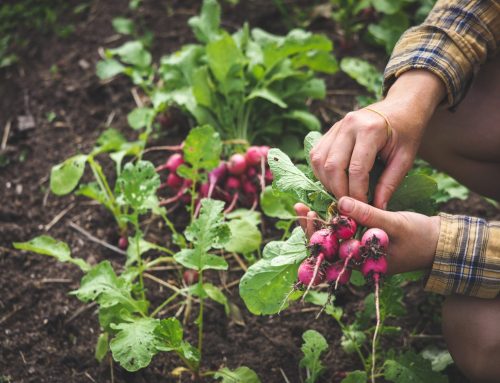AFSA Responds to 7:30 Report on CO2 Stunning of Pigs: Calls for small-scale local abattoirs
***FOR IMMEDIATE RELEASE***
28 March 2023
Last night’s ABC 7:30 Report exposing the realities of CO2 stunning used for 85% of pigs slaughtered in Australia was a much-needed wake-up call about the need to de-industrialise our food system, says the Australian Food Sovereignty Alliance (AFSA), a farmer-led civil society organisation of people working together towards socially-just and ecologically-sound food and agriculture systems that foster the democratic participation of small-scale farmers and local communities in decision making processes.
AFSA’s members want to see a flourishing of more small farms with increased autonomy, access to and control of local processing infrastructure including abattoirs. They are opposed to the methods of industrial food production such as confining pigs and poultry in sheds, and using what they believe to be inhumane methods from tail docking right through to CO2 stunning. But in the case of slaughter, most smallholders’ options are limited as consolidation over several decades to a dwindling number of mostly large-scale abattoirs has left them no say in how far they have to transport animals or in the method of slaughter.
Lauren Mathers is a pastured pig farmer and Chair and Director of the Murray Plains Meat Cooperative, which is nearing completion of a small-scale abattoir in Barham, NSW to service local farmers. Mathers says, ‘I personally do not believe that gassing pigs is humane, but it is an approved RSPCA process. This is one of the biggest reasons why small abattoirs are crucial.’
While large-scale abattoirs prefer CO2 stunning because it allows for a higher number of animals to be killed in a day, small-scale abattoirs use captive bolt or electric stunning. CO2 gas has been known to be aversive and to cause pain and distress in pigs for over 20 years, a point made by Dr Ellen Jongman in the episode. Rather than more research into less aversive gases in large abattoirs, the best alternative according to AFSA is for state and local governments to support a revival of small-scale local abattoirs owned and controlled by local communities such as the Murray Plains Meat Cooperative and others emerging around Australia.
Industrial agriculture and the global meatpacking industry have long demonstrated a lack of commitment to action on animal welfare, biodiversity loss, and climate change, with a business model built on feed-lotted and shedded animals, low-paid and dangerous labour, and reliance on deforestation to grow grain fed to intensively raised livestock.
AFSA president Tammi Jonas says, ‘Australia needs to prioritise resilience, to rethink core assumptions such as ‘efficiencies’ that undermine animal welfare and rural economies, and to encourage the development of localised production and distribution systems.’
‘The ethics in treating animals at the end of their life really are something we should all be thinking about if we are to eat meat,’ said Lauren Mathers of the Murray Plains Meat Cooperative.
-ENDS-
Contact: Tammi Jonas, AFSA President
0422 429 362






